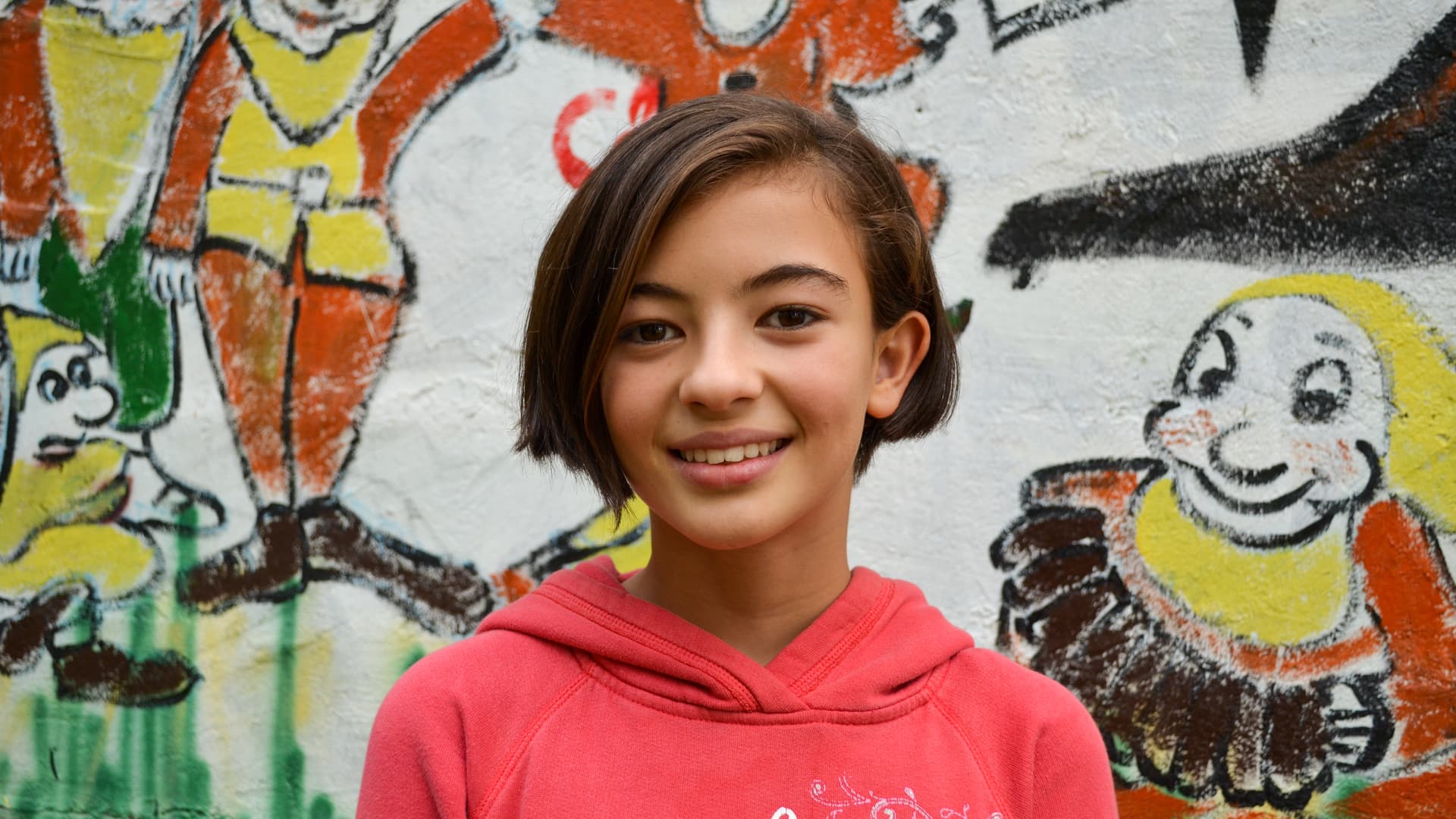Through the i-RESTORE projects, Tdh and partners promote access to qualitative restorative justice processes in cases involving children and youth in contact with the law and strengthen the capacities of justice, child protection and education professionals.
Our impact
8,000
people are more aware of the restorative justice processes
491
justice professionals and policy makers improve their capacities and skills
5 countries
Children in Albania, Estonia, Greece, Romania, and the Netherlands improve their knowledge on their rights and are empowered
In parts of Europe, access to high-quality restorative justice is not a given for child victims and minors suspected or accused of crimes. Through i-RESTORE, Tdh and partners include children in the process and strengthen the capacities of justice professionals. The project also aims to developing the capacities of national practitioner and increasing knowledge sharing amongst EU justice professionals.
Repair, Relationship, Respect, Responsibility and Reintegration. These are the 5 big Rs of the restorative justice process. Unfortunately, they are often absent in the justice system in parts of Europe when it comes to the treatment of children. In these contexts, children are more vulnerable and need a high standard of restorative justice to ensure their future growth, psychological wellbeing and development.
Strengthening Professionals’ Capacities
Through research, policy working groups, advocacy events and trainings we strengthen the capacity of justice and child protection professionals, and education systems to make restorative justice process with and for children accessible and qualitative. We conducted research on the application of restorative justice in cases involving child victims: in Albania, in Greece, in Romania, and at the European level, as well as carried out comparative needs assessments on restorative justice practices with children in contact with the law: Romania vs Estonia, and Greece vs the Netherlands. One e-learning course on restorative justice with children was developed and is freely available in 7 languages. This will help implement restorative justice approaches that take into consideration the specific needs of child victims.
Promoting Child Participation
Child Advisory Boards have been created through the project in each target country to integrate children’s views in the implementation of activities. They bring together children and young people who are interested in the justice system or might have been involved with it. We train them on the concepts of restorative justice, consult them on project activities and materials, and empower them to become child advocates.
"The project gave me the opportunity to see the possibility of resolving conflicts through a considerably less dehumanising method. I think that for people who have committed crimes it is much harder to recover on their own. They must be helped by someone. And restorative justice is the context for that to happen." 17-year-old girl from Romania, a member of the Child Advisory Board of the first i-RESTORE project.
Supported by


